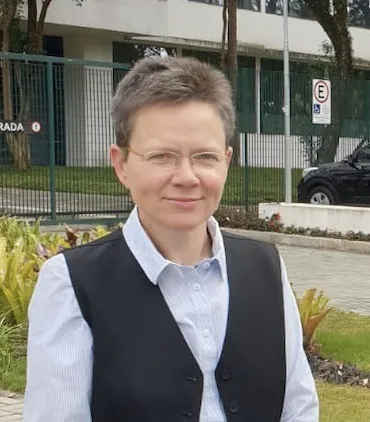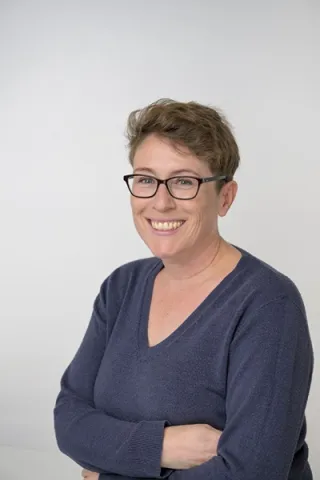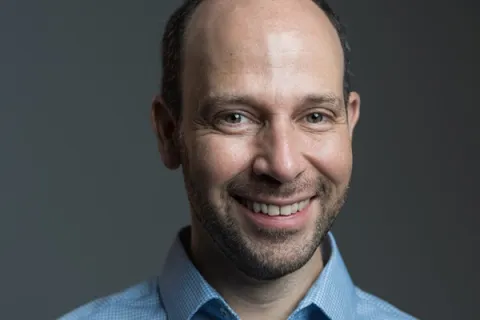Project overview
In this project we want to capture stories from parents and guardians of young children with cochlear implants. The story from the moment of discovering their child had hearing loss, through watching them grow with their implant, to today.
Humans share stories. These stories can be a powerful way of people finding out about things. Who tells a story can affect how we notice it. It can also affect whether we think it matters to us. What we don’t know is what it is about someone or their story that makes them just like me. If we can understand how to capture stories so that anyone finding the stories finds something that relates to them, we may be able to support people to find out about healthcare, such as cochlear implants, that they may otherwise know nothing about. This could enable more people to get access to cochlear implants.
Humans share stories. These stories can be a powerful way of people finding out about things. Who tells a story can affect how we notice it. It can also affect whether we think it matters to us. What we don’t know is what it is about someone or their story that makes them just like me. If we can understand how to capture stories so that anyone finding the stories finds something that relates to them, we may be able to support people to find out about healthcare, such as cochlear implants, that they may otherwise know nothing about. This could enable more people to get access to cochlear implants.


